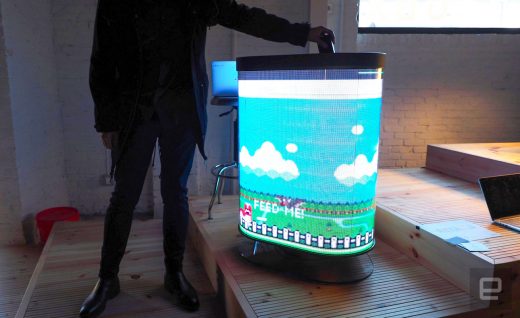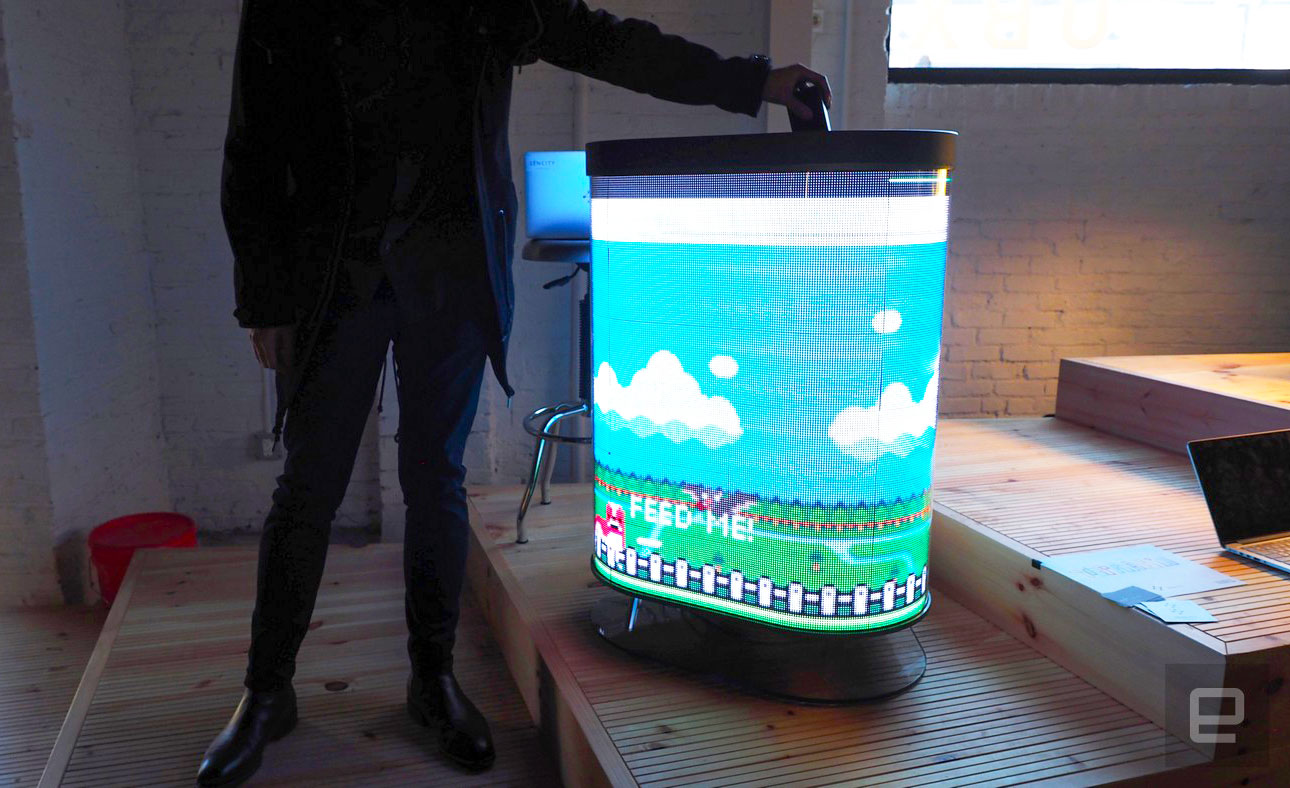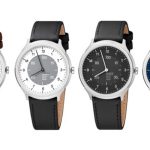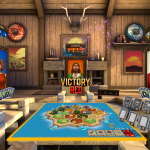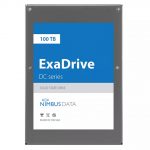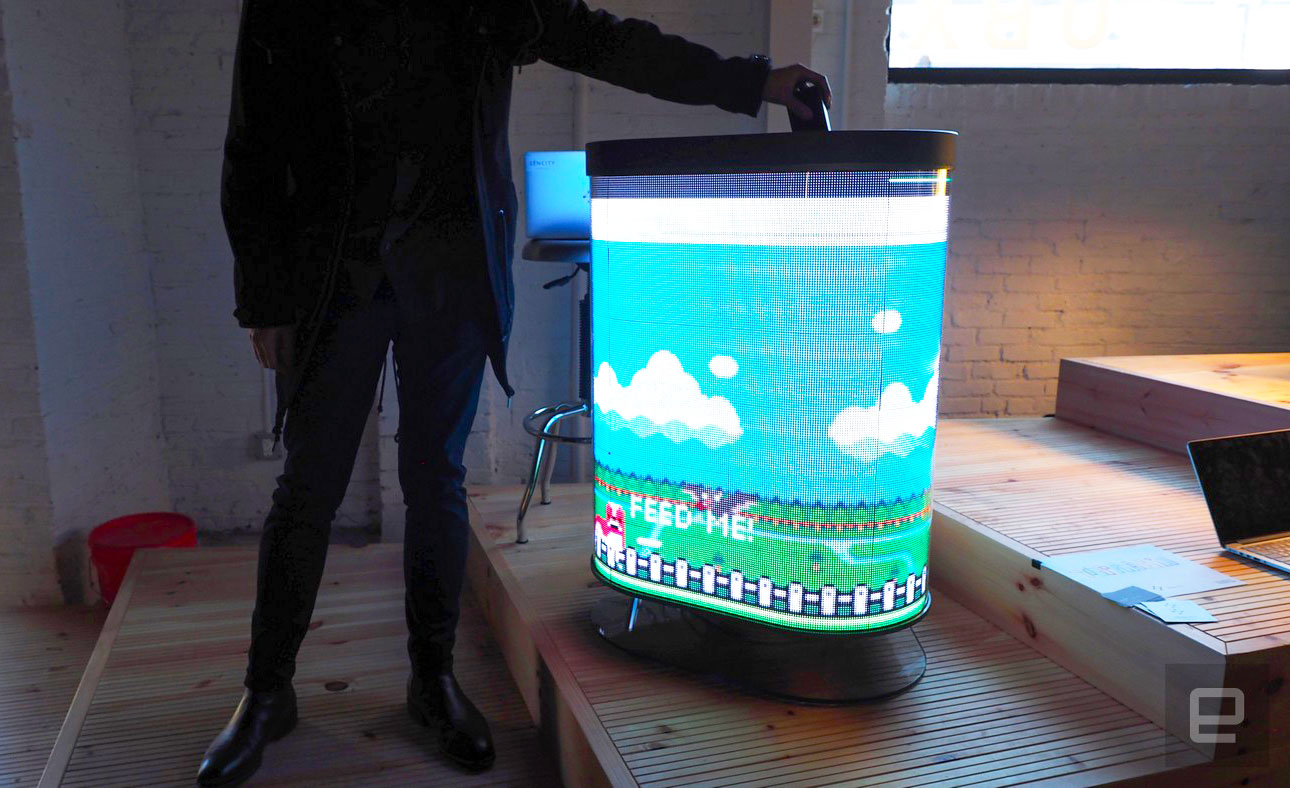Smart garbage can turns trash into a game
Waste is a big concern for cities — after all, no one likes looking at trash on the street. But it ends up there anyway for various reasons: bins overflow, sometimes they’re hard to find and worst of all, some people just don’t care what they do with their trash. Sencity seeks to fight this apathy by turning litter disposal into a game with its new TetraBIN, a connected trash bin that rewards you for tossing out your garbage.
Sencity is part of a cohort of startups out of Urban-X, a Brooklyn-based accelerator focused on improving the livability of cities like New York. This means companies focused on issues near and dear to city dwellers, like transportation and utilities. Street furniture is a big part of the urban landscape, and though a lot of municipalities have tried to make bike racks and benches more attractive, very little of it is what you’d call entertaining. Sure, there are bus stops with connected displays and public WiFi access points, but you still have to make your own fun while you’re out and about.
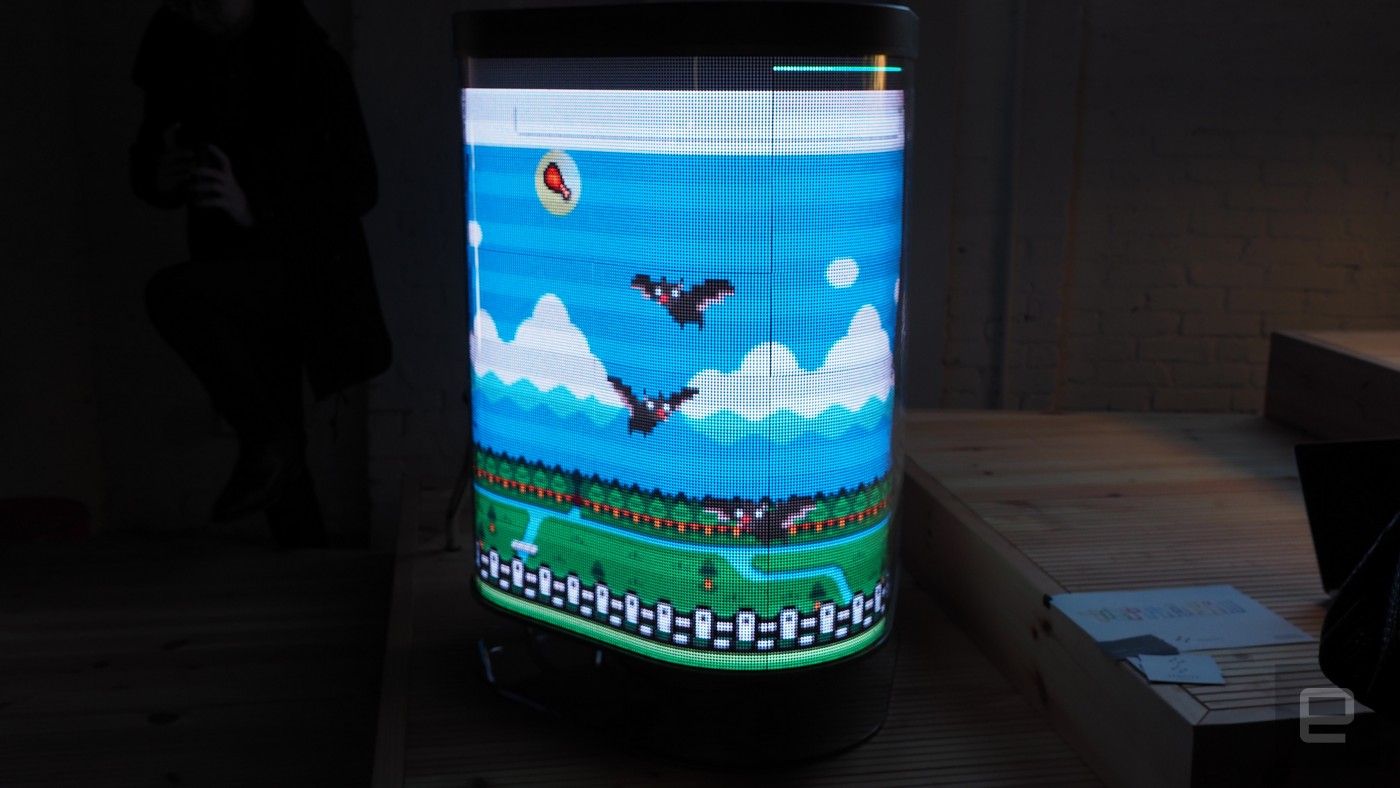
The TetraBIN is a large three-sided container wrapped in a screen displaying a sidescrolling green field. Bats fly through the air while dogs eagerly wait on the ground crying, “Feed me!” The inside is lined with motion sensors that detect when something is tossed into the bin, and that is translated into chicken drumsticks on the screen. Successfully feeding the dog results in a win screen with a code that can be redeemed on the TetraBIN website. The idea is that pedestrians will earn various rewards by playing; they might even be able to receive physical items in the mail. Over time, Sencity hopes that throwing out trash becomes an automatic habit, especially among children: The game may encourage kids to pick up other people’s trash as well, which Sencity staffers wouldn’t mind one bit.
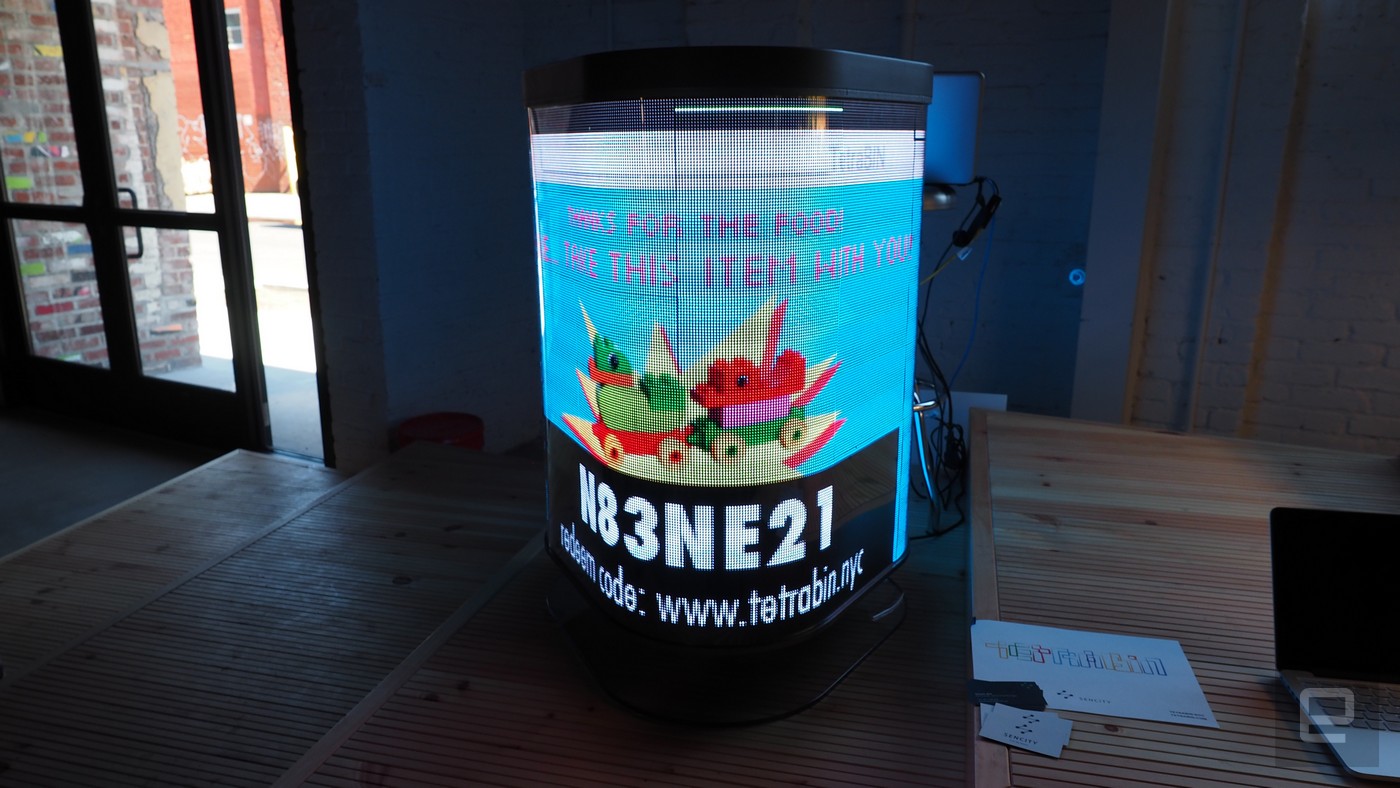
In New York and other cities, street furniture like bus shelters and newsstands are built and operated by Cemusa, which makes its profits by putting advertisements on everything. TetraBIN would be a natural fit for interactive ads, but Sencity would rather partner with cities and local business improvement districts to get its containers on the streets. The bins use 4G to connect and can transmit information to each other if in close proximity, so getting them set up requires minimal effort. And yes, when people tire of the games they can display other things like bus and train schedules, traffic updates and the weather. But where’s the fun in that?
(91)

